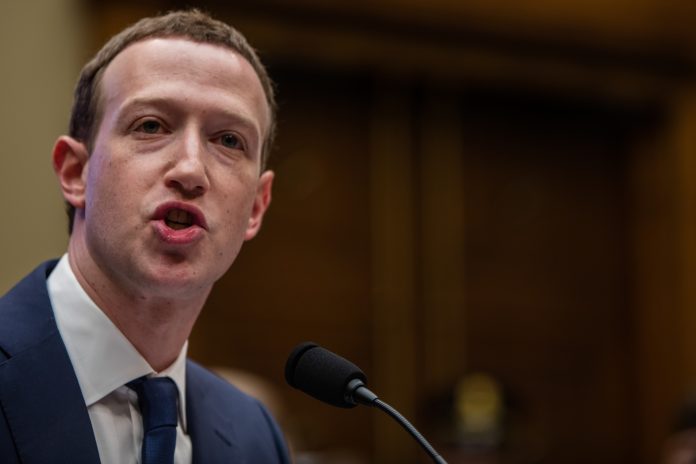Facebook’s cryptocurrency, Libra, faces renewed questions from regulatory authorities on how it will protect user data and prevent money-laundering
The Libra Association is a not-for-profit group assembled by Facebook’s Mark Zuckerberg, in order to create a low-volatility cryptocurrency backed by real-world assets and intended to reach the 1.7 billion people without bank accounts globally. They want to have 100 members by the launch day, which is somewhere in the region of early 2020.
Given the recent investigations into data privacy and alleged election tampering attached to Facebook, the international regulatory communities are wary of the proposed solutions to similar problems in relation to Facebook’s The Libra Association collecting financial data.
These critics include the EU, Canada, the UK, Albania and the U.S. – representatives of data privacy from all of these institutions signed a joint message, with a list of questions for Zuckerberg to answer.
The questions included:
- How can global data protection and privacy enforcement authorities be confident that the Libra Network has robust measures to protect the personal information of network users?
- How will the Libra Network incorporate privacy by design principles in the development of its infrastructure?
- How will the Libra Association ensure that all processors of data within the Libra Network are identified, and are compliant with their respective data protection obligations?
- How does the Libra Network plan to undertake data protection impact assessments, and how will the Libra Network ensure these assessments are considered on an ongoing basis?
- How will the Libra Network ensure that its data protection and privacy policies, standards and controls apply consistently across the Libra Network’s operations in all jurisdictions?
However, The Libra Association has been hiring lobbyists at an increasing speed. They have hired former staff of the U.S. Senate Banking Committee and retained over 12 third-party lobbying firms, in addition to in-house lobbyists. Politico reported that Facebook has spent more than £6.1 million (~$7.5 million) on lobbying in 2019, suggesting that they do not intend to have completely coherent answers to the questions being asked today.
They are amassing a lobbying power that matching what can be seen in the National Rifle Association (NRA) 2018 recorded lobbying budget of £4.6 million (~$5.7 million), with which the NRA keep gun legislation preserved almost as it was on the day it was written, regardless of increasing public pressures following a mass shooting.
The current joint action has been driven by the Office of the Australian Information Commissioner and the UK Information Commissioner’s Office and backed by data protection authorities from the United States, Canada and the European Union.
Australian Information Commissioner and Privacy Commissioner Angelene Falk said:
“This is an important step in a global regulatory movement that is holding online companies to account for how they handle personal information.
“Given the many initiatives taking place in our finance and technology sector, privacy must be a key component of any significant digital initiative such as Libra.”
Katie Haun, General Partner at Andreessen Horowitz and member of the Libra Association said:
“We are joining Libra in the hope of bringing the value of blockchains to billions of people across the world. In this day and age, we should be able to send money as quickly and securely across borders as we send photos and email.
“What’s more, the opensource nature of the project will allow developers around the world to build on top of it permissionlessly. We look forward to working with Libra to build a more decentralized and inclusive financial system.”











